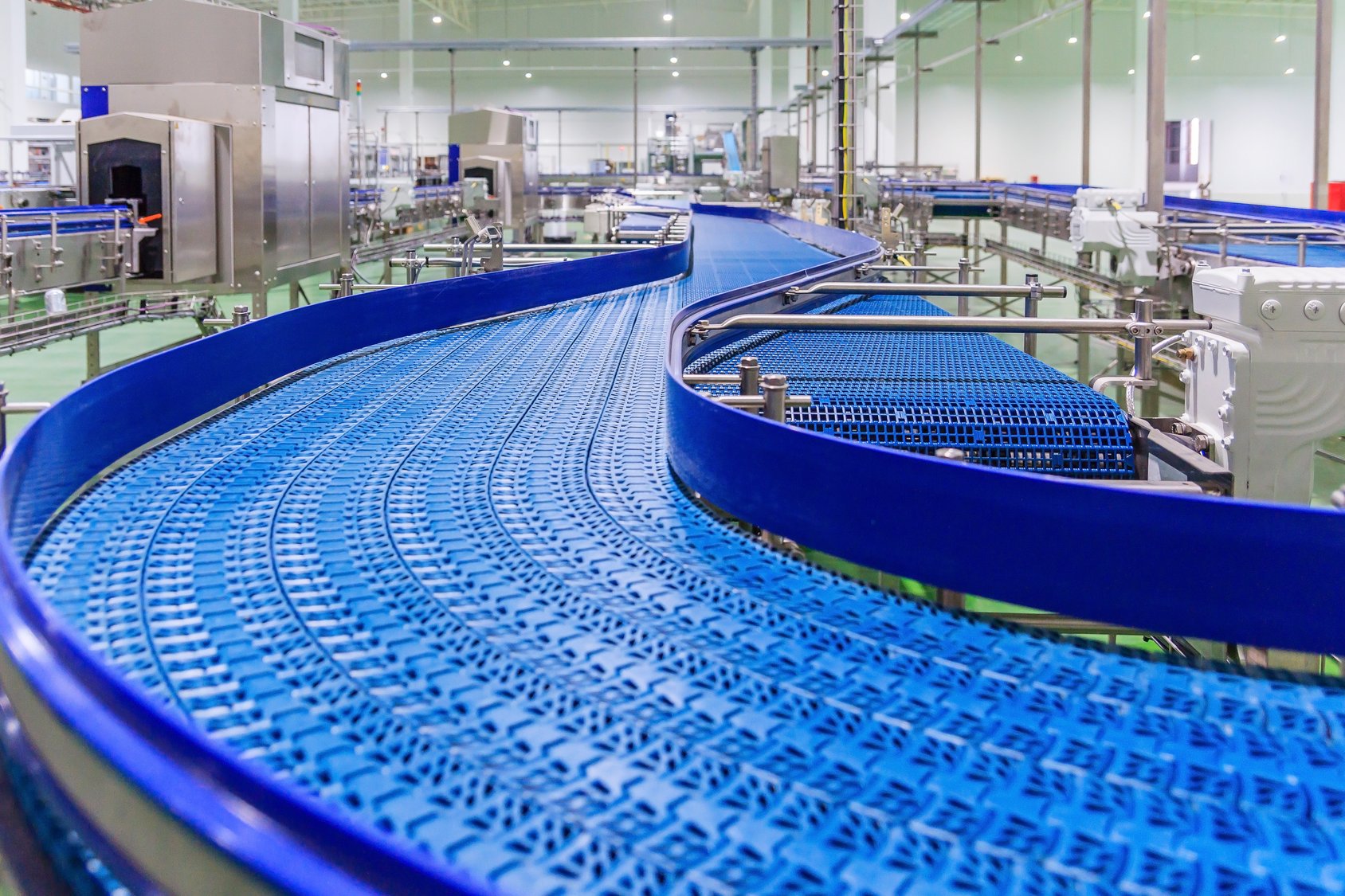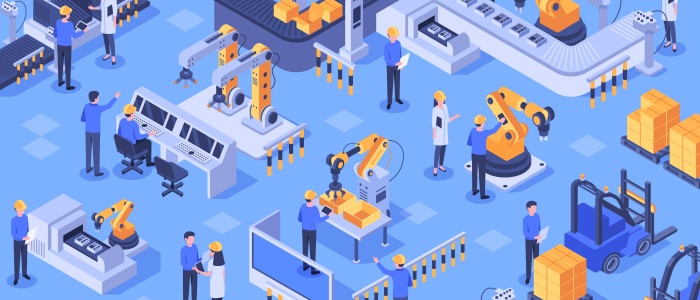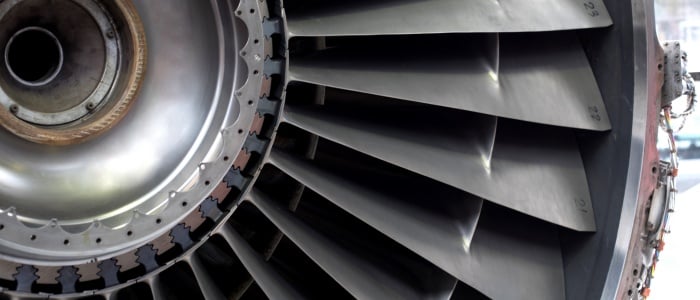You need a plan that outlines how to choose an ERP vendor and system
It may seem relatively easy to choose an ERP vendor—just pick the one that offers the best technology and customer support, right? But it’s often not that straightforward because many companies do not have a plan when evaluating vendors. I’ve been involved in enterprise application sales for over 25 years and there is little consistency on how organizations evaluate vendors like Visual South. What I can tell you is that organizations are happiest with their choice of ERP vendor when the evaluation team has a logical process in place to assess the ERP system’s functionality and the vendor’s services.














